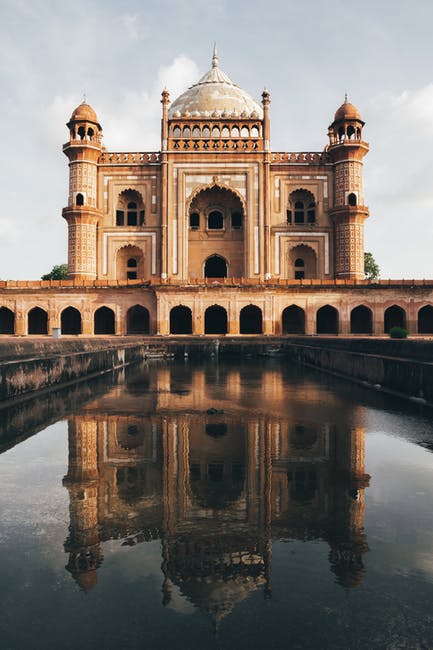India is most famously known to hold one of the largest populations in the world, coming second only to China. However, few recognize that India’s population holds a highly religiously diverse population, as the home to a majority of Hindus, Jains, Sikhs, and Muslims, as well as millions of Christians and Buddhists. While the overwhelming majority of Indians practice Hinduism, there are considerable numbers of followers over the spread of India’s minority religions.
Interestingly, in a country that’s so long been structured by the deeply rooted caste system that many say contribute to discrimination within the social hierarchy, tolerance among religions is widely practiced in India. Most Indians who are typically highly devoted to their faith also view religious tolerance and mutual respect as an integral part of their culture across religious communities.

According to a study by The Pew Research Center, an average of 91% of Indian adults practicing Hinduism, Islam, Christianity, Sikhism, Buddhism, and Jainism agree that they feel free to practice their religion, 84% say respecting all religions is important to being a true Indian, and 80% say respecting other religions is a very important part of their religious identity. The overwhelming majority of religious adults agree they feel free in their religion and practice religious tolerance as a part of their national and religious identity.
However, despite a peaceful environment of religious acceptance in the nation, the religious landscape is segregated spatially and view their commonalities as few. The same study shows that religious intermarriage is tolerated less, with 67% of Indian adults who say it is important to stop women from intermarrying with those of outside religions, and 65% saying the same toward stopping men from intermarriage. Similar conclusions can be drawn for friend groups. Studies of residential neighbor preferences also reveals minor segregation tendencies between certain religious groups, such as 45% of Hindus who are unwilling to have Jain neighbors, and 54% of Jains unwilling to have Muslim neighbors.
The Pew Research Center’s Study, “Religion in India: Tolerance and Segregation”, concludes that Indians “simultaneously express enthusiasm for religious tolerance and a consistent preference for keeping their religious communities in segregated spheres”, in short, they “live together separately”.
